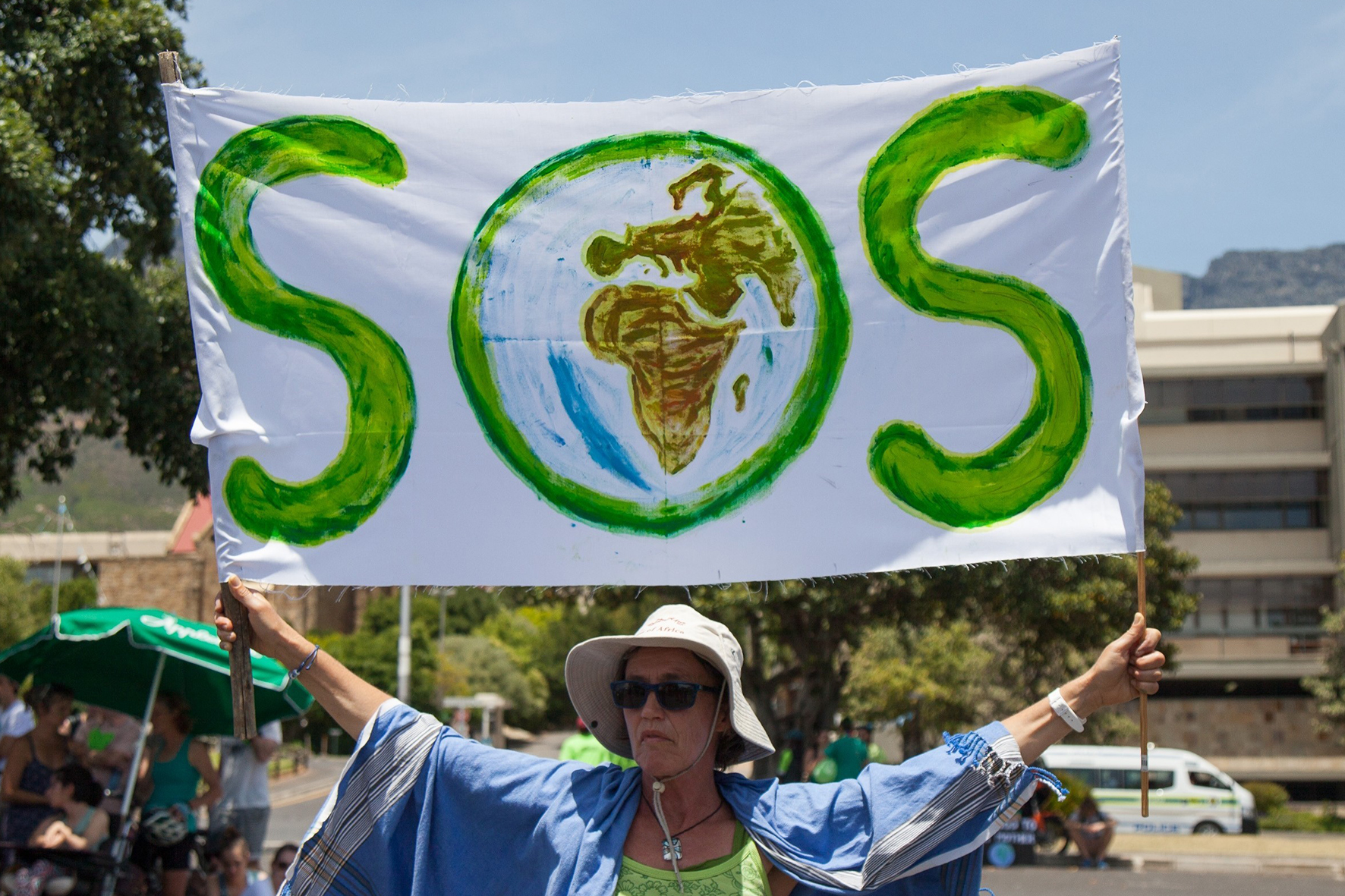Cop21
The arrival of 150 Heads of Government or State for the International Climate Conference plunges back the city into a state of siege. The hope is that political leaders and their experts will be surrounded by a much-needed laborious silence, to responsibly respond to the challenges of our times and to the expectations of a sustainable future for the next generations: our children and our grandchildren, regardless of their colour, nation, race, or religion.

Tension in Paris has reached its peak. The arrival of 150 Heads of State and Government for the international Climate Conference plunged back the city into a state of siege. Few days have passed since the horrendous terrorist attack of 13 November. Since then, the French capital is in mourning and under the constant guard of soldiers in camouflage with Kalashnikovs on their shoulders.
In this “climate” will convene political leaders and experts from 190 world countries. They have 15 days – from November 30 to December 11 – to devise a courageous plan capable of “saving the planet” and containing the climate increase that threatens our societies and our economies at large. It’s a major challenge. A universal, valid agreement is expected by Cop21, providing a feasible transition leading towards carbon-free societies and economies by 2050. The greatest challenge is to contain temperature increase below 2°Celsius. The Co2 threat is invisible, yet concrete. It consists in high global temperatures and ever more dangerous and frequent extreme meteorological events. Heat waves and floods, melting glaciers, rise in sea levels, increased ocean acidity and desertification.
The most vulnerable populations will pay the highest price. According to a recent World Bank report, the consequences of climate change could lead to poverty over 100 million people worldwide by 2030. This is a source of concern for various areas of civil society: Churches and world religions, associations and environmental NGOs. With a single voice, demonstrations and marches against climate change affirmed their claims worldwide. As many as 150 marches – from Rome to London – urged world political leaders to have the courage to reverse course.
Activists have travelled thousands of kilometers by foot or by bike to reach Paris. During the days ahead of the Climate Conference they prayed according to their various religious traditions. They handed in petitions to UN representatives. They marched soberly and creatively. And extreme left movements will not mar these days in Paris that bear a special, crucial relevance for the future of humanity; nor will tear gases divert attention from the Cop21 gathering. Paris will be once again under the spotlight of the human community, with the hope that political leaders and their experts will be surrounded by a much-needed laborious silence, so as to provide responsible responses to the challenges of our times and to the expectations of a sustainable future for the next generations: our children and grandchildren, regardless of colour, nationhood, race, or religion.